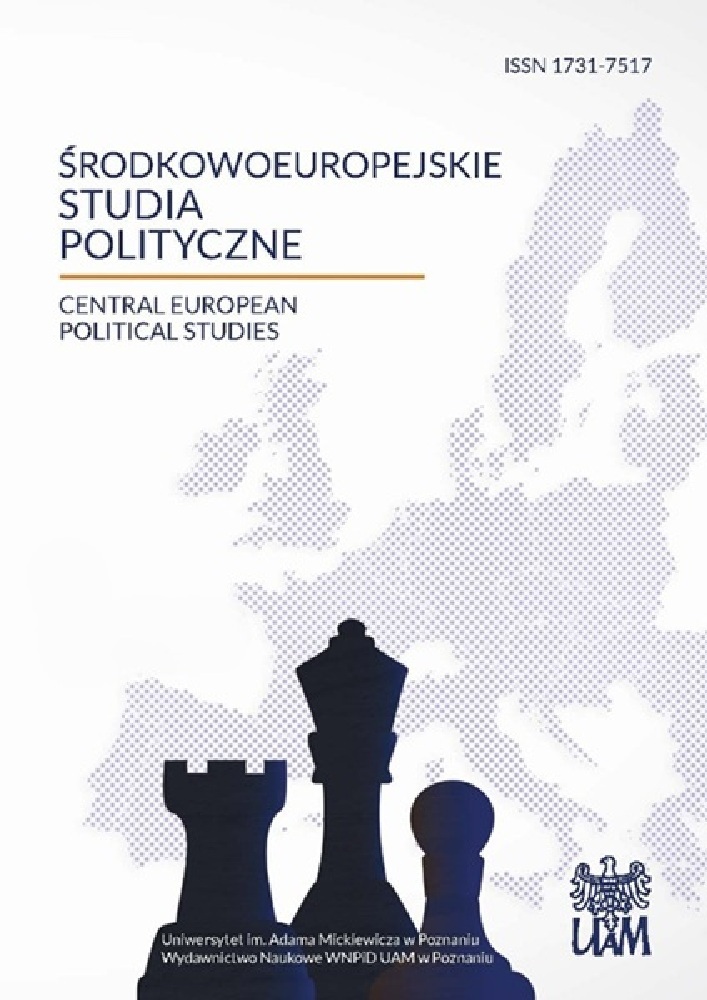Abstrakt
Matters related to the most recent history of the Baltic Assembly’s emergence is multidimensional and enormous. Therefore, this reporting and analytical study is synthetic. The analysis of the activities of the Baltic Assembly reflects trilateral political communication between Baltic states from 1991 to 2009. The integration process of Baltic states with the European Union to a large extent depended on this concerted cooperation of the Baltic states’ representatives within the Baltic Assembly. The presented information shows, however, that the political, economic, cultural and historical views of Lithuanian, Latvian and Estonian politicians were extremely different on more than one occasion, and their respective priorities of domestic and foreign policies were sometimes radically different. Not every resolution passed during the session of the Baltic Assembly was actually implemented. Most have been partially realized while others have failed to be realized at all. The inability to form a practically operating Customs Association was a painful issue in the trilateral cooperation of Baltic states. Complete economic freedom between the partners has never actually come to existence either. In the author’s opinion, the geopolitical position of Small Baltic States imposes certain conditions, and the fundamental condition to be noticed on the global international arena is group solidarity, which is the basic statutory aim of the Baltic Assembly.Licencja
Copyright
© 2010, Uniwersytet im. Adama Mickiewicza w Poznaniu, Wydawnictwo Naukowe Instytutu Nauk Politycznych i Dziennikarstwa
OPEN ACCESS
